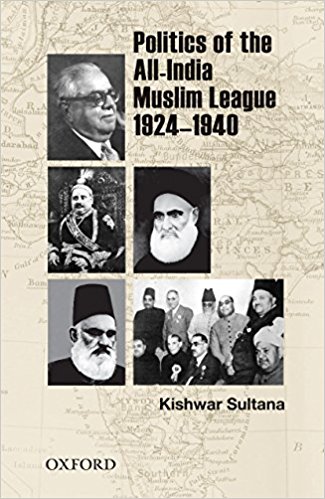This is a work based on the PhD the sis of the author submitted to a university of Pakistan. It studies the challenges faced by the All India Muslim League (AIML) during the period which is generally not considered to be of bigger significance for the growth and development of the Muslim League.
At the very outset, in the opening paragraph of the Preface, the author makes the premise of her work very clear. She pits the League against the Congress and also underlines the significance of the period of her study, which, according to her, is ‘the Congress challenge to the issue of separate electorates in the shape of the Nehru Report of 1928, the Round Table Conferences in London, and the grant of the separate electorates to the minorities in the Government of India Act 1935’, were the important milestones during 1924-40. This is what prompted her to study this phase of the Muslim League.
The author rightly states that the ‘institution of the Congress Ministries in seven out of eleven provinces of British India in 1937 posed the greatest challenge to the existence of the AIML. Through successful mobilization of the organization and of the Muslim masses, Quaid-i-Azam forced the Congress Ministries to resign by December 1939.

